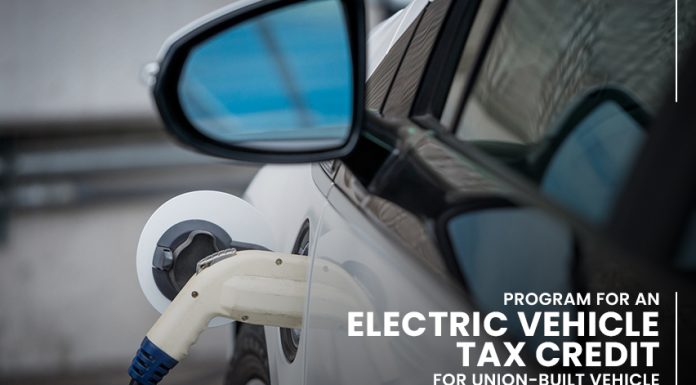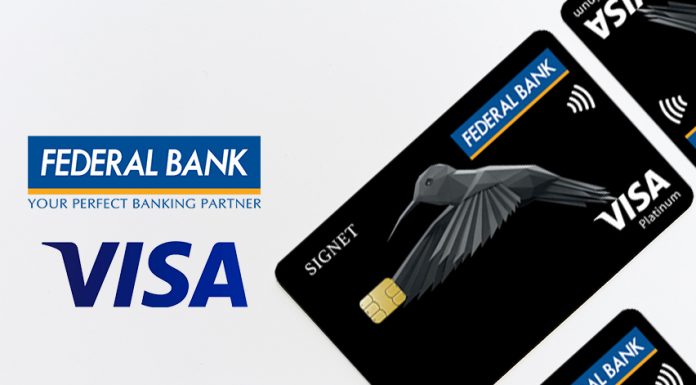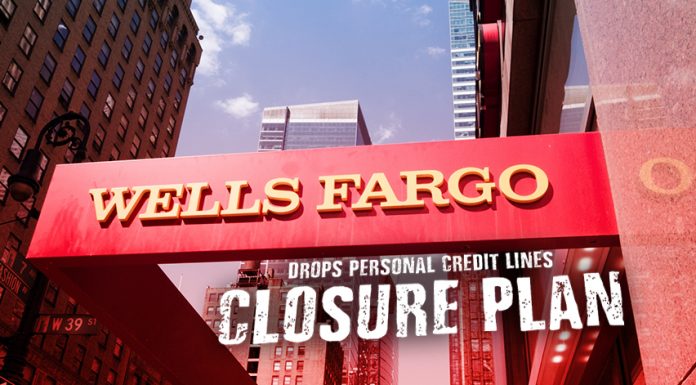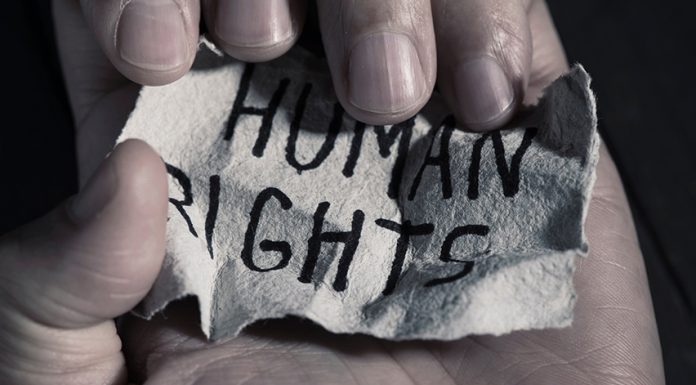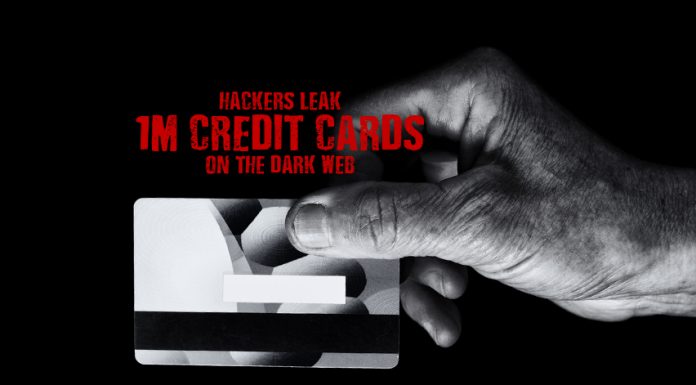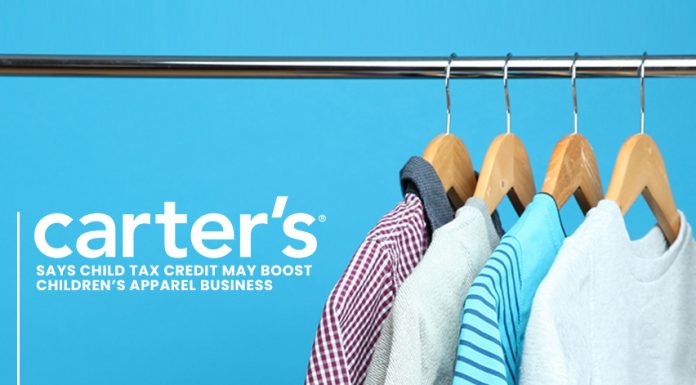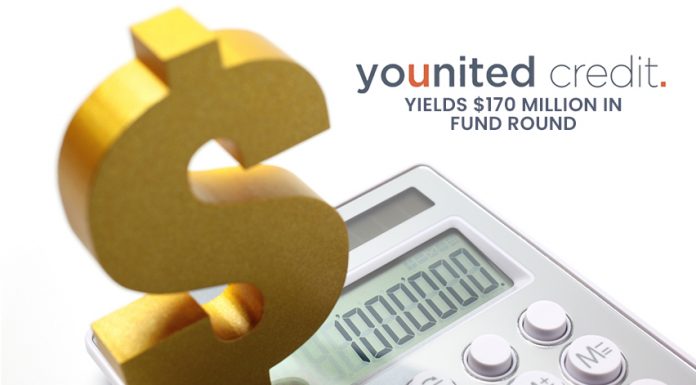A credit cards survey by WalletHub found that 1 in 3 Americans said they are afraid they will max out their credit cards when making large purchases. A large purchase, according to the people polled, is anything worth more than $100.
Maxing out a card, means over-using the credit according to Jill Gonzalez, an analyst at WalletHub, in a CNBC report. She added that consumers are not going to pay a maxed-out card on time, leading to higher interest payments and hurting their credit scores over time.
Most Americans Still in Debt
A Federal Reserve data showed the U.S. exceeded $1 trillion in credit card debt, which is the highest level since the 2007 financial crisis. Meanwhile, a separate report by NerdWallet said the average American household has a $6,929 month-to-month balance and spending $1,140 yearly in interest.

The WalletHub study found that certain groups have more tendency to max out their cards compared to others. Men were 15% more probable than women to have maxed out a card. Likewise, millennials are more likely to max out than older generations, especially baby boomers. Moreover, lower-income cardholders had a chance to max out a card on a pricey item than high-earning spenders.
Meanwhile, credit card interest rates soared too. According to CreditCards.com report, at present, the average interest rate stands at 17.41%, up from 16.15% last year.
Consequences of Maxing Out Cards
Maxing out credit cards can hurt a holder’s financial standing, according to Kevin Cash, a writer for NerdWallet. It can lead to severe consequences like a drop in credit scores because of a high credit utilization ratio. Credit utilization ratio is defined as the amount of credit used by a cardholder compared to his or her available amount of credit. This ratio can affect severely the “amounts owed,” a category used in determining 30% of a cardholder’s FICO score.
Cash added that maxing out can result in the closure of the account by the issuer on the belief that the cardholder is suffering financial troubles. Once the issuer closes the account, the cardholder may need to pay the balance to reactivate. Moreover, the issuer can also charge a penalty rate that can cost a significant amount of money in interest.

